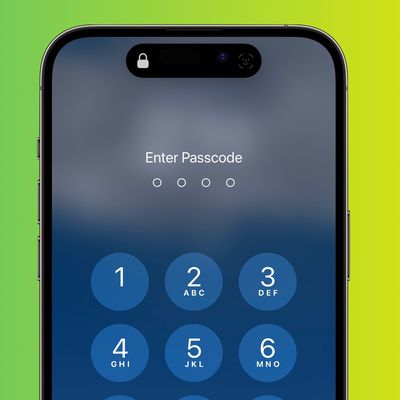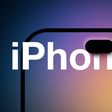Samsung Recalls New Galaxy Note7 Due to Exploding Batteries [Updated]
Following reports of exploding batteries in its latest smartphone, Samsung is expected to announce an "unprecedented" recall of the Galaxy 7 Note less than a month after it first debuted.
According to South Korea's Yonhap News Agency, an unnamed Samsung official says the company is conducting an investigation and is expected to announce the results this weekend or early next week. Samsung has indeed traced the explosions to the battery of the device and is in talks with Verizon and other U.S. business partners to figure out how to deal with the issue.
Samsung's solution may be to recall all Galaxy Note 7 devices that have been sold thus far, as the company has no plans to hide the result of its investigation.
"The most important thing is the safety of our customers and we don't want to disappoint our loyal customers," said the official, who spoke on the condition of anonymity. [...]
"Products installed with the problematic battery account for less than 0.1 percent of the entire volume sold. The problem can be simply resolved by changing the battery, but we'll come up with convincing measures for our consumers," said the official.
The Galaxy Note 7 went on sale on August 19 and shortly after, reports began circulating about devices that exploded or caught on fire while charging. Images and videos of damaged Galaxy Note 7 devices have been circulating around the internet and have already led Samsung to delay shipments of the device. No injuries have been reported thus far.
Samsung's Galaxy Note 7 features a 2,560×1,440 Super AMOLED dual curved display, Qualcomm Snapdragon 820 quad-core 64-bit 14nm processor, 4GB of RAM, 12-megapixel Dual Pixel rear-facing camera, wireless charging, an iris scanner, IP68-rated waterproofing, and a 3,500 mAh battery.
Update: Samsung has officially stopped sales of the Galaxy Note7 and issued a voluntary recall for existing devices.
Popular Stories
Apple is set to release iOS 18.2 next month, bringing the second round of Apple Intelligence features to iPhone 15 Pro and iPhone 16 models. This update brings several major advancements to Apple's AI integration, including completely new image generation tools and a range of Visual Intelligence-based enhancements. There are a handful of new non-AI related feature controls incoming as well....
The M4 MacBook Pro models feature quantum dot display technology, according to display analyst Ross Young. Apple used a quantum dot film instead of a red KSF phosphor film, a change that provides more vibrant, accurate color results.
Young says that Apple has opted for KSF for prior MacBook Pro models because it doesn't use toxic element cadmium (typical for quantum dot) and is more...
Wednesday November 13, 2024 11:01 am PST by
Juli CloverA trio of Apple customers this month filed a class action lawsuit against Apple, accusing the Cupertino company of violating California consumer protection laws and false advertising for continuing to sell AirPods Pro models that had ongoing issues with crackling or static sounds.
A few months after the AirPods Pro came out in October 2019, buyers began to complain about crackling, rattling, ...
Google has launched its dedicated Gemini artificial intelligence app for iPhone users, expanding beyond the previous limited integration within the main Google app. The standalone app offers enhanced functionality, including support for Gemini Live and iOS-specific features like Dynamic Island integration.
The new app allows iPhone users to interact with Google's AI through text or voice...
Wednesday November 13, 2024 11:59 am PST by
Juli CloverApple last week replaced the M3 Max MacBook Pro with the new M4 Max MacBook Pro, and we picked up one of the new high-end MacBook Pro machines to see how it compares to the prior model with both benchmarks and real-world tests.
We tested an M4 Max with a 16-core CPU, 40-core GPU, and 48GB RAM against an M3 Max MacBook Pro with similar specs. The two machines look similar, but the display on...
With iOS 18, Apple introduced a feature that causes the iPhone to reboot every three days, security researchers have confirmed (via TechCrunch). In a demo video, security researcher Jiska Classen proved that an iPhone left untouched for 72 hours will automatically restart, and Graykey manufacturer also Magnet Forensics wrote a blog post about the feature.
After a reboot, an iPhone is more...






















